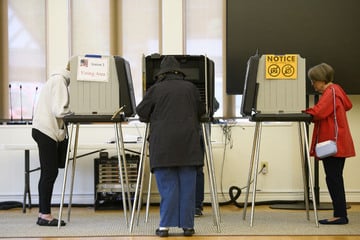"Sabotage" on French rail network before Olympics: What we know
Paris, France - Arson attacks scrambled France's high-speed rail network for tens of thousands of passengers on Friday, after what officials called premeditated acts of "sabotage" just hours before the Paris Olympics opened.
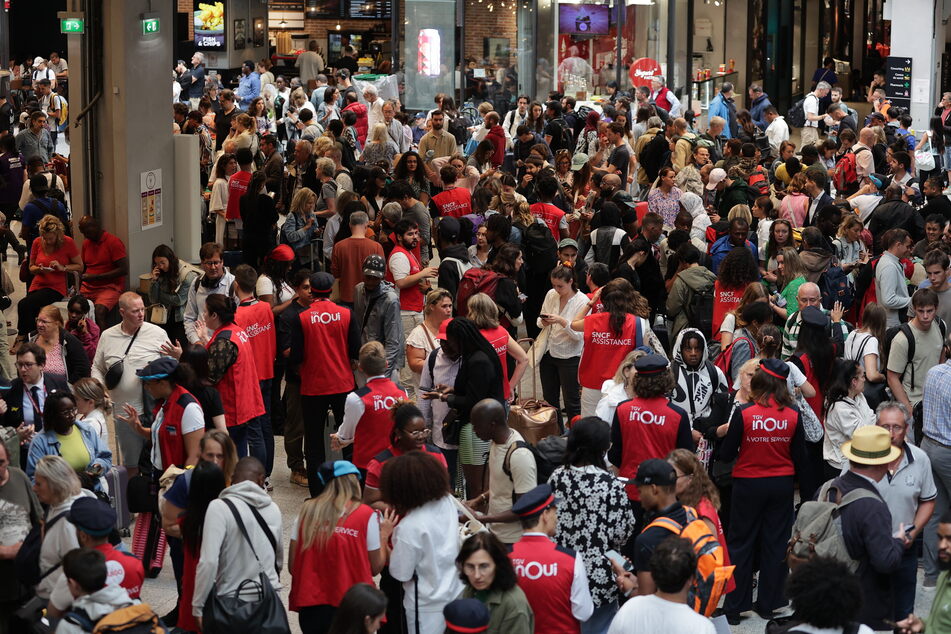
Friday's arson attacks were launched as the French capital was under heavy security ahead of the Games opening ceremony, with 300,000 spectators and an audience of VIPs expected at the event.
Fires that affected France's Atlantic, northern, and eastern lines led to cancellations and delays at a time of particularly heavy traffic for summer vacation travel.
"Early this morning, coordinated and prepared acts of sabotage were perpetrated against installations of SNCF," the national rail operator, Prime Minister Gabriel Attal said.
SNCF chief executive Jean-Pierre Farandou said the attackers had started fires in "conduits carrying multiple (fiber-optic) cables" that relay "safety information for drivers" or control the motors for points that change rails.
Who is affected?
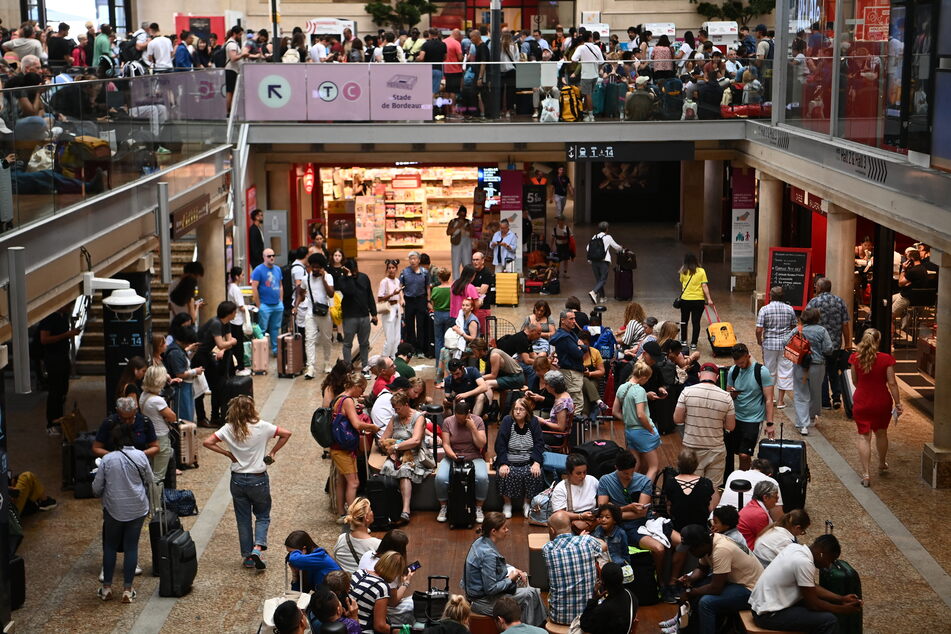
Around 800,000 passengers are expected to be affected over the weekend as the damage is heavy and labor-intensive to repair.
France's rail network was expected to be busy this weekend, not only due to the Olympics but also as people return from or leave for their summer holidays.
"There are huge and serious consequences for the rail network," added Attal.
Of four trains supposed to bring athletes to Paris, two made it, one was delayed and the fourth group was to be shifted to another train, SNCF said.
Passenger services chief Christophe Fanichet said there were delays of 90 minutes to two hours on services between Paris and France's north and east.
"We ask people please not to come to the station, because if you haven't heard from us, your train won't be running," Fanichet told reporters.
One major branch of the network, the line to France's southeast, was spared after rail maintenance workers surprised unauthorized people on site.
High-speed rail operator Eurostar said around one in four services across its network linking France, the UK, Belgium, the Netherlands, and Germany would be canceled, including trains from Paris to London.
Others would be slower as they will run on regular lines not designed for high-speed trains.
What happens now?
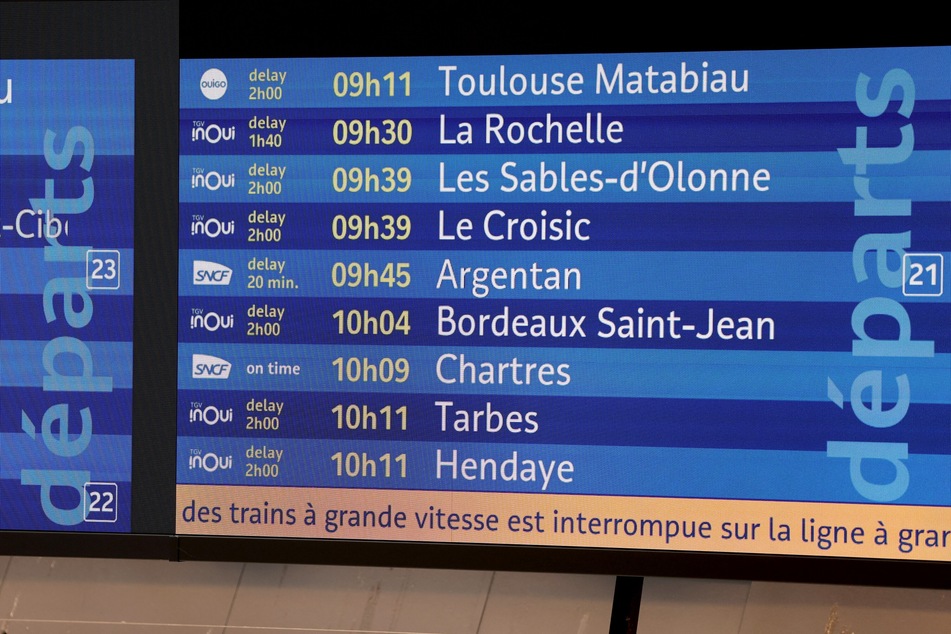
Farandou of SNCF said, "There's a huge number of bundled cables. We have to repair them one by one, it's a manual operation" requiring "hundreds of workers."
But by early afternoon Friday, Transport Minister Patrice Vergriete said that some departures were going ahead, with "one in three" trains operating from Paris's Montparnasse station, the terminus of the line towards Bordeaux and the Atlantic coast.
He, too, urged people not to come to the station without confirmation of their trip.
At Montparnasse, passengers were waiting for information, with display boards showing delays of more than two hours.
"Normal traffic is expected to resume on Monday, July 29," read one of the signs in the departure hall.
Long-distance ride-sharing app Blablacar said it had seen a 150% increase in reservations for Friday compared with expectations.
Paris's RATP transport network was also operating under "increased vigilance" following the railway attacks, its chief executive Jean Castex said as he visited a control station.
Who are the culprits?
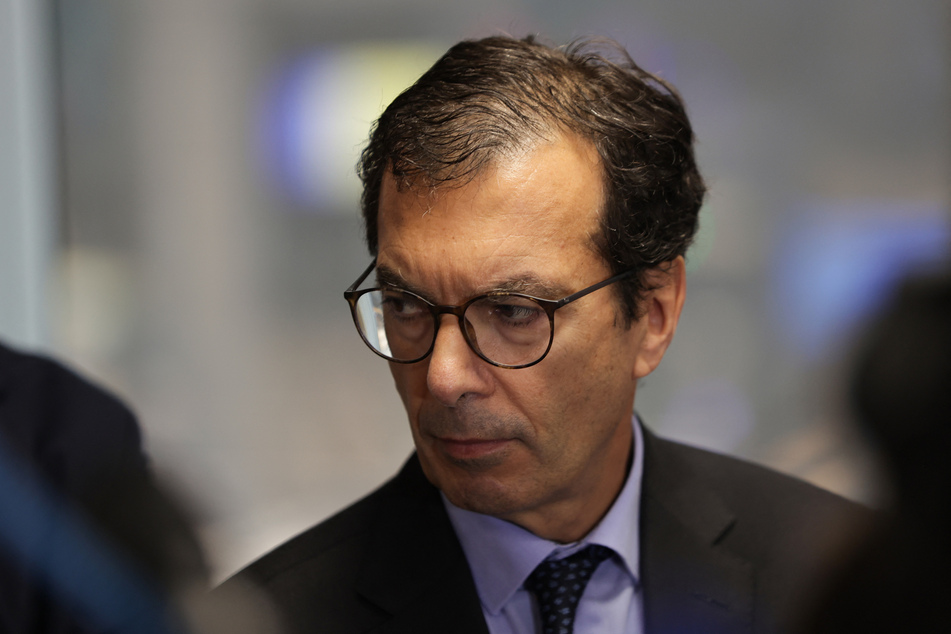
SNCF CEO Farandou said railway workers doing night maintenance in central France had spotted unauthorized people, who fled when the workers called in the police.
Minister Vergriete said that the people had been spotted with "vans", and "incendiary devices were found on the scene" of the attacks, calling it an "obscene criminal attack".
"This operation was prepared, coordinated, sensitive sites were targeted, which demonstrates some kind of familiarity with the network to know where to strike," Prime Minister Attal said.
France's intelligence services were scrambling to determine the perpetrators of the sabotage, a security source told AFP. The arson method used resembled past attacks by extreme-left actors, the source added.
Paris prosecutor Laure Beccuau said in a statement her office had opened a probe into a suspected bid to undermine "fundamental national interests."
The investigation will also look at suspected damage inflicted by an organized gang and attacks on an automated data processing system.
Her statement described the acts of sabotage as "deliberate damage caused to sites of SNCF on the night of July 25-26, 2024."
Cover photo: Thibaud MORITZ / AFP
